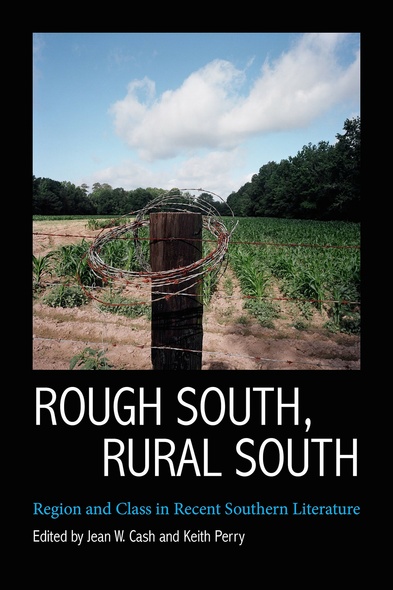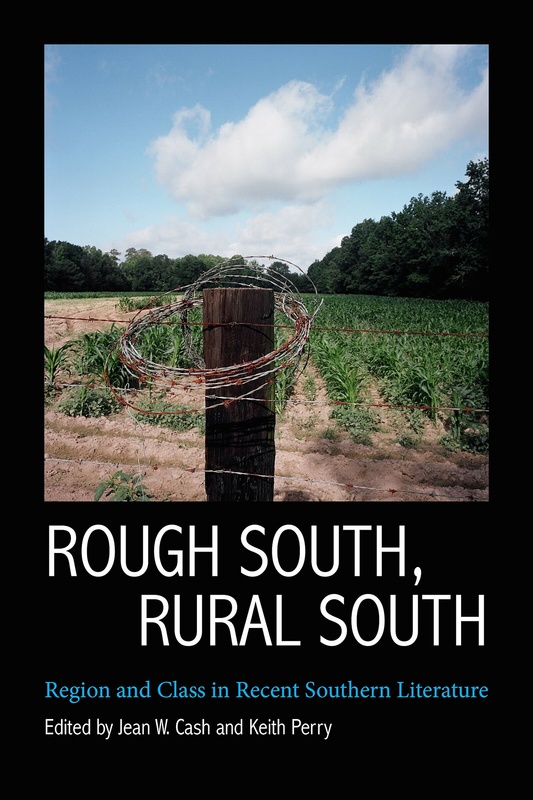
Rough South, Rural South
Region and Class in Recent Southern Literature
Essays in Rough South, Rural South describe and discuss the work of southern writers who began their careers in the late twentieth and early twenty-first centuries. They fall into two categories. Some, born into the working class, strove to become writers and learned without benefit of higher education, such writers as Larry Brown and William Gay. Others came from lower- or middle-class backgrounds and became writers through practice and education: Dorothy Allison, Tom Franklin, Tim Gautreaux, Clyde Edgerton, Kaye Gibbons, Silas House, Jill McCorkle, Chris Offutt, Ron Rash, Lee Smith, Brad Watson, Daniel Woodrell, and Steve Yarbrough. Their twenty-first-century colleagues are Wiley Cash, Peter Farris, Skip Horack, Michael Farris Smith, Barb Johnson, and Jesmyn Ward.
In his seminal article, Erik Bledsoe distinguishes Rough South writers from such writers as William Faulkner and Erskine Caldwell. Younger writers who followed Harry Crews were born into and write about the Rough South. These writers undercut stereotypes, forcing readers to see the working poor differently.
The next pieces begin with those on Crews and Cormac McCarthy, major influences on an entire generation. Later essays address members of both groups—the self-educated and the college-educated. Both groups share a clear understanding of the value of working-class southerners. Nearly all of the writers hold a reverence for the South’s landscape and its inhabitants as well as an affinity for realistic depictions of setting and characters.
The essays serve as a useful introduction to each of these selected twentieth and twenty-first century writers. . . . This book is highly recommended for academic libraries. It is also recommended for any library with a contemporary southern literature collection, as it would serve as a useful companion to the collection.
Rough South, Rural South surveys a vibrant cultural scene centered on the traditionally marginalized matter of social class in the far reaches of the US South. The impressive essays in this collection call attention to contemporary writers and filmmakers who take different paths to reach the common ground of depicting hardscrabble places and people with a gritty, imaginative vision that eschews caricature in favor of complexity. There is a necessary roughness at work here—a forceful critical engagement with the harsh realities and difficult questions that the artists under examination lay bare.
Jean W. Cash is professor emerita of English at James Madison University, where she taught a variety of courses in southern literature for thirty-eight years. She is author of Flannery O’Connor: A Life and Larry Brown: A Writer’s Life, the latter published by University Press of Mississippi; coeditor with Keith Perry of Larry Brown and the Blue-Collar South; and coeditor with Richard Gaughran of Twenty-First-Century Southern Writers: New Voices, New Perspectives, both published by University Press of Mississippi. She has also published a number of essays on southern writers and given numerous conference presentations. Her most recently published essay is on the novels of Ann Patchett. Keith Perry is associate professor of English at Dalton State College. He is author of The Kingfish in Fiction: Huey P. Long and the Modern American Novel.





